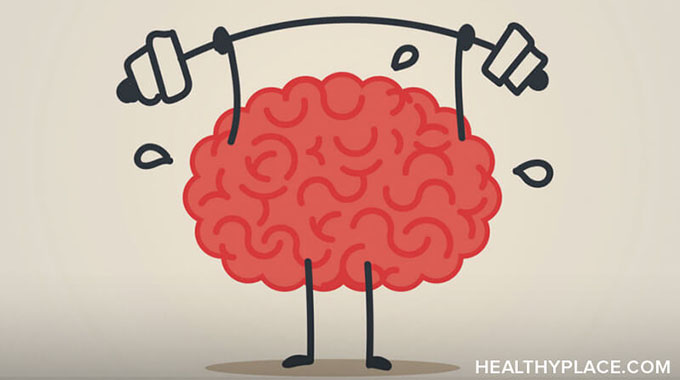Mental well-being from an African perspective

Dr Chido Rwafa-Madzvamutse Mental Health
As discussed in previous articles mental health is defined as a state of well-being in which an individual realises his or her own potential, can cope with the normal stresses of life, can work productively and fruitfully, and is able to make a meaningful contribution to their community.
Mental well-being is often studied and described from a western point of view and this subsequently influences how mental health challenges are viewed and managed.
An African viewpoint of mental health and mental health challenges is needed to ensure a holistic approach to managing mental health issues in the African context.
African cultural values and mental health
Culture has a strong influence on how we tend to think; how we handle our emotions and our behaviour.
What helps keep people mentally well is also influenced by culture and cultural practices. Culture influences our way of life, daily practices, language and communication, beliefs and rituals and the meanings that we ascribe to life and life events.
- African way of life: Many African cultures promote a family and community focused way of life rather than an individualistic focus.
This has the advantage of potentially creating a strong support network for us as individuals which can help promote mental well-being and to help in recovery of mental health challenges. A community focused way of life can protect against loneliness and social isolation which has been found to put us at higher risk of mental health challenges.
- African cultural practices: Africans are known for hospitality and service of others. The role one plays in the family and greater community helps to give one’s life a meaning. This can help build confidence and promote mental health and well-being.
- African beliefs: The belief of Ubuntu/ Hunhu is a key African value that promotes the interconnectedness between an individual and the community and the importance of interdependence over independence. Interdependence is a key part of mental health and well-being.
Cultural practices that can be harmful to mental health
As much as many African cultural values help to promote mental well-being, there are cultural practices that can be harmful to our mental well-being.
- Poor mental health awareness and little expression of difficult emotions:
Many African communities do not promote emotional vulnerability and this can make it difficult for us to share and subsequently manage difficult emotions.
This can be detrimental to our mental well-being.
Poor awareness and acknowledgement of mental health challenges can also lead to delayed recognition of mental health problems and accessing appropriate care.
- Stigma: harmful beliefs about the causes of mental illness can lead to stigma in many African communities. This causes discrimination against those with mental health problems and can affect how those affected reach out for help. Stigma can make it difficult to talk about mental health challenges and this may result in those affected presenting with physical symptoms as these are often seen as more acceptable.
This often delays appropriate recognition of and appropriate care for mental health problems. Cultural beliefs and stigma can also interfere with mental health treatment plans if they do not align with African beliefs and cultural practices.
- Harmful language concerning mental illness: culture influences language.
Language can be used to discriminate and degrade those struggling with mental health challenges.
Creating a culture that promotes mental well-being
Culture is dynamic and helpful practices that can help promote mental well-being that we can incorporate into our African culture include:
- Encourage greater emotional awareness and expression of challenging emotions to trusted people or to health professionals where needed
- Encourage African men in particular to open up about mental health challenges
- Improve awareness about emotional health and mental well-being in communities to fight against stigma
- Encourage families and communities to discuss and talk openly about the growing challenges with mental health challenges.
If you think that you or someone that you know may be struggling with a mental health problem, please contact your nearest health service provider and get help.
l Association of Healthcare Funders of Zimbabwe (AHFoZ) article written by: Dr Chido Rwafa Madzvamutse, consultant psychiatrist.
Feedback: Dr. Chido Rwafa-Madzvamutse +263714987729 (AHFoZ, www.ahfoz.org ; [email protected]









Comments